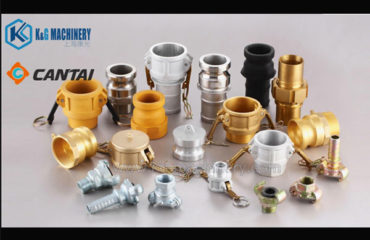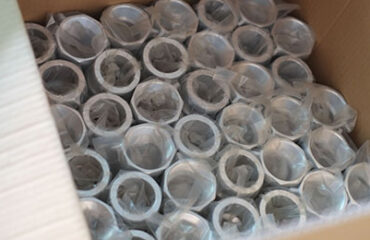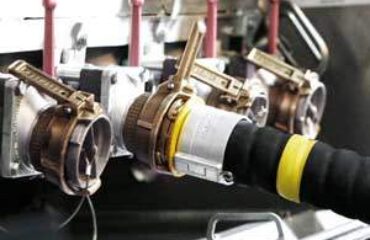Brass camlock couplings are a popular choice for a wide range of industries due to their unique combination of durability, versatility, and ease of use. These couplings, made primarily from brass, offer several advantages that make them ideal for various applications, particularly those involving fluid transfer.
Material Advantages:
Corrosion Resistance: Brass, an alloy of copper and zinc, exhibits excellent corrosion resistance, especially against water, saltwater, and many chemicals. This makes brass camlock couplings suitable for use in harsh environments, including marine applications and chemical processing plants.
Durability: Brass is a strong and durable material, able to withstand high pressures and repeated use without compromising its integrity. This ensures a long service life for brass camlock couplings, even in demanding conditions.
Machinability: Brass is relatively easy to machine, allowing for the production of camlock couplings with precise dimensions and smooth surfaces. This contributes to a secure and leak-proof connection.
Conductivity: Brass has good thermal and electrical conductivity, which can be beneficial in certain applications where heat dissipation or electrical grounding is required.
Camlock Coupling Features:
Quick and Easy Connection: Camlock couplings utilize a simple yet effective cam and groove mechanism that allows for rapid connection and disconnection without the need for tools. This saves time and effort, especially in applications requiring frequent coupling and uncoupling.
Secure Locking: The cam mechanism provides a secure and reliable lock, preventing accidental disconnection even under high pressure or vibration.
Variety of Sizes and Types: Brass camlock couplings are available in a wide range of sizes and types to accommodate different hose diameters, pressure ratings, and fluid types. This ensures compatibility with various systems and applications.
Interchangeability: Camlock couplings from different manufacturers are generally interchangeable, providing flexibility and convenience in sourcing replacements.
Applications:
Brass camlock couplings find applications in numerous industries, including:
Agriculture: For irrigation systems, pesticide spraying, and fertilizer application.
Chemical Processing: For transferring chemicals, solvents, and other liquids.
Construction: For dewatering, concrete pumping, and dust control.
Food and Beverage: For transferring liquids, such as milk, juice, and beer.
Marine: For fueling, water transfer, and waste disposal on boats and ships.
Oil and Gas: For transferring fuels, lubricants, and other petroleum products.
Manufacturing: For various fluid transfer applications in industrial settings.
Conclusion:
Brass camlock couplings offer a reliable, durable, and versatile solution for fluid transfer needs across diverse industries. Their corrosion resistance, ease of use, and secure locking mechanism make them a preferred choice for applications requiring frequent connection and disconnection, even in demanding environments. With their wide range of sizes and types, brass camlock couplings provide a practical and efficient solution for various fluid handling challenges.



